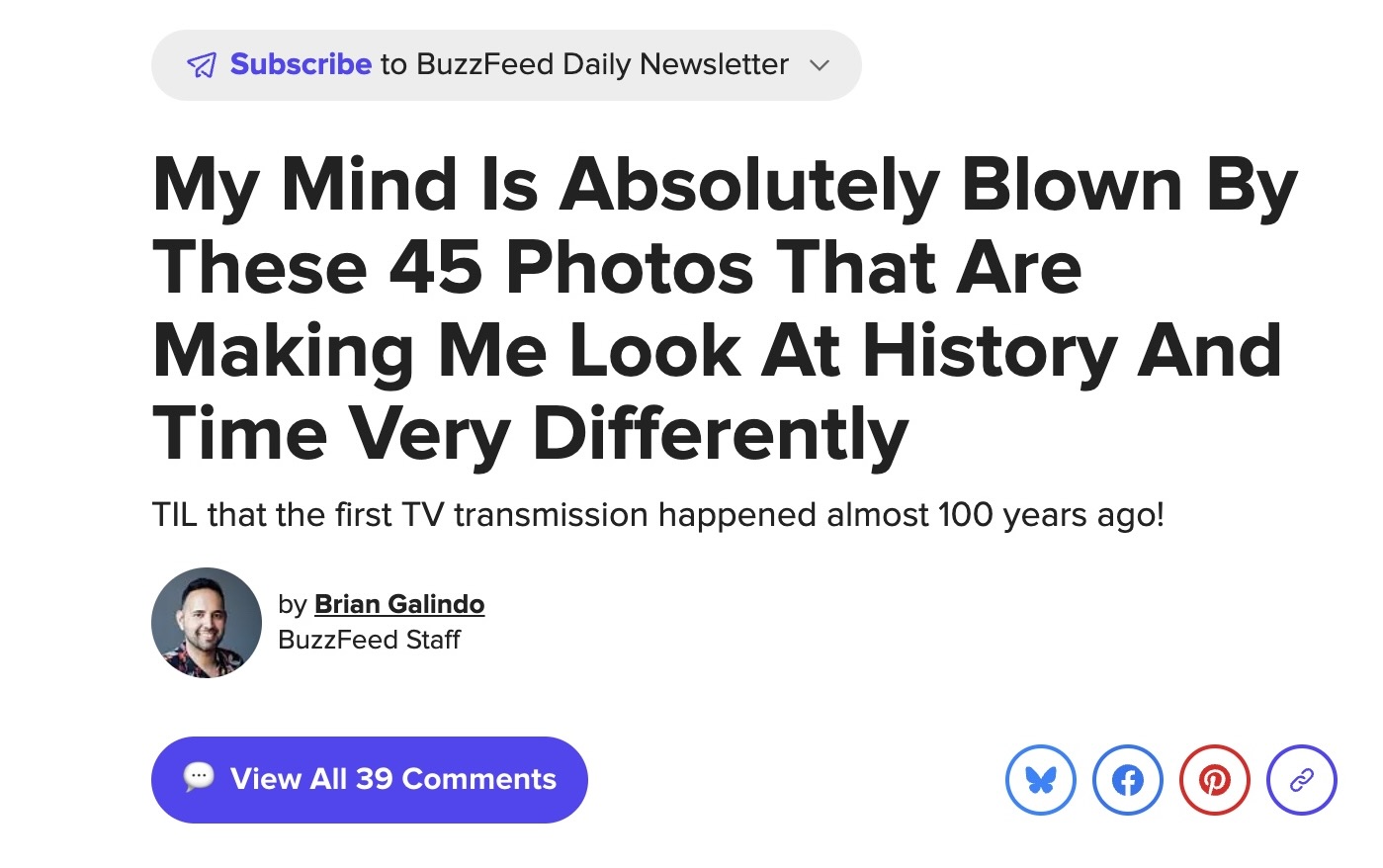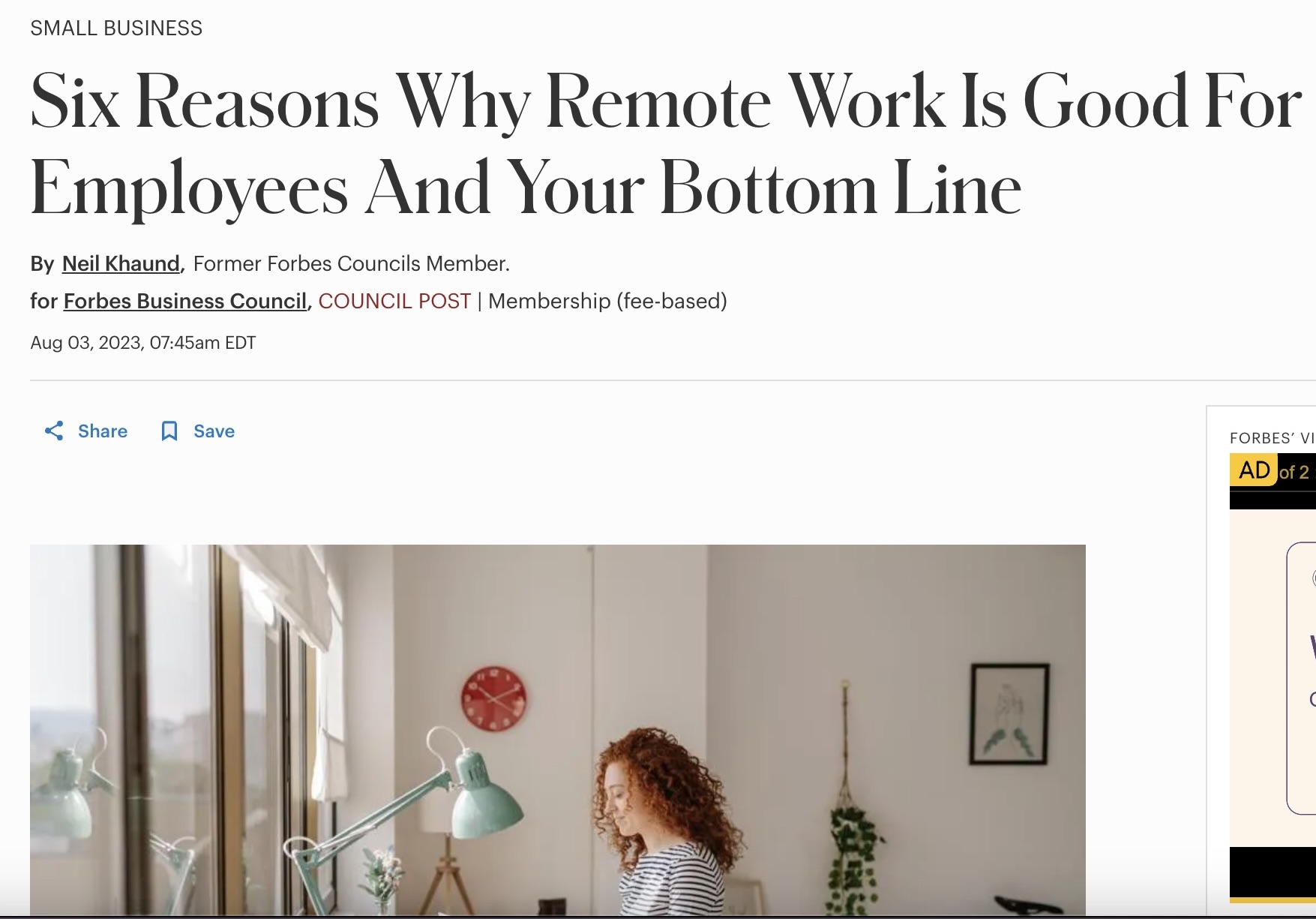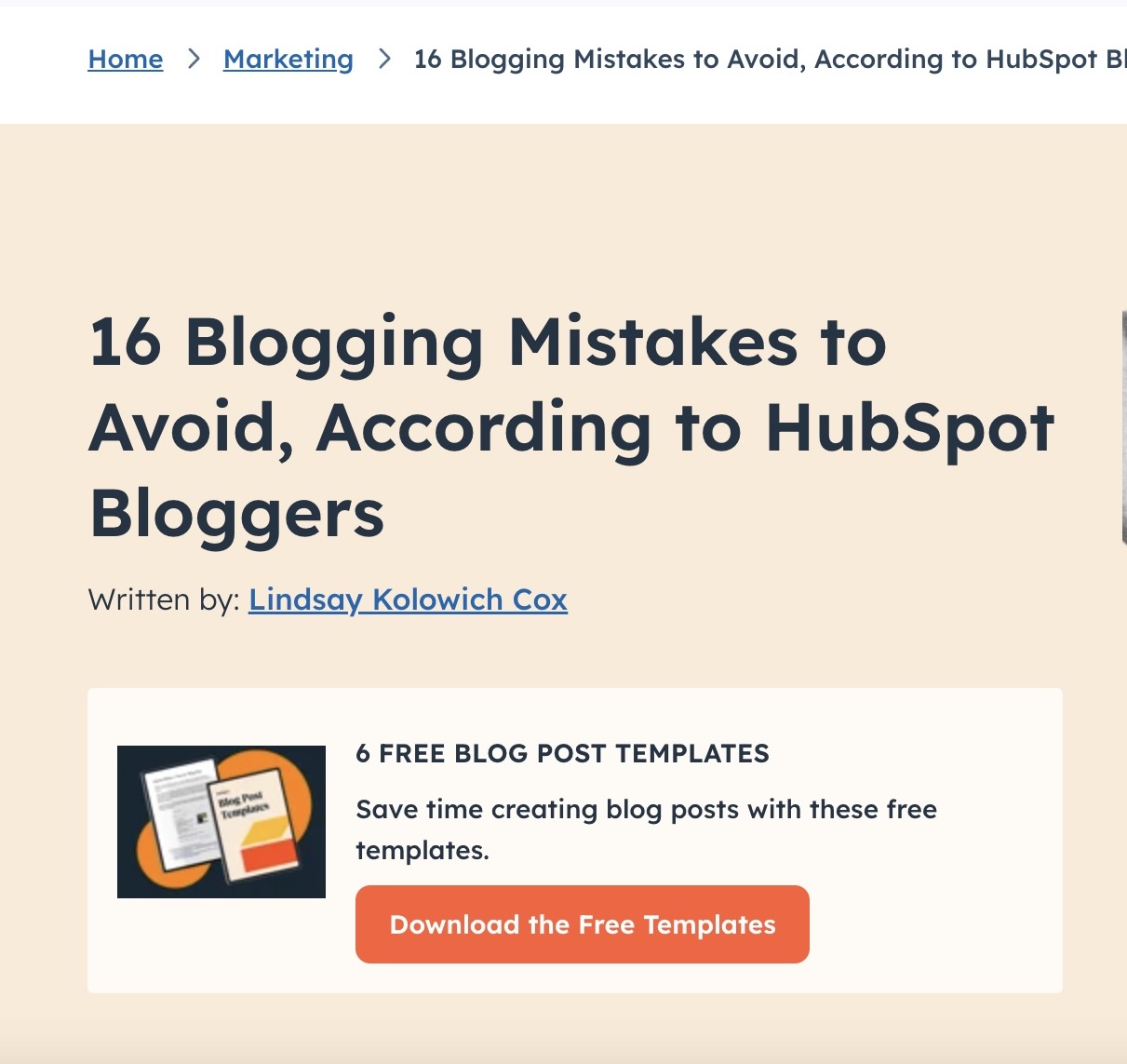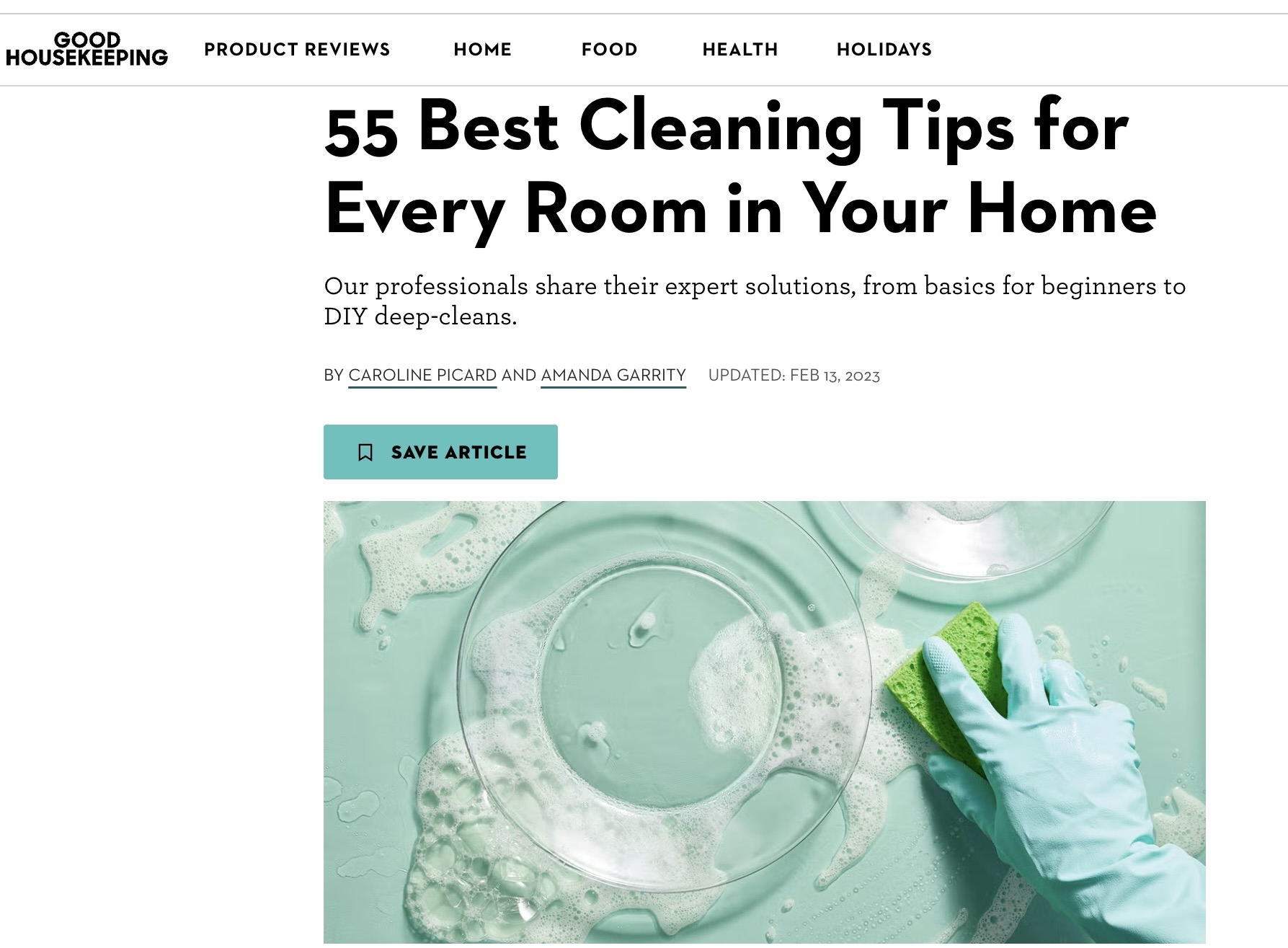
5 Questions to Ask When Editing a Listicle
If you edit articles or blog posts for business clients, at some point you’ll probably need to edit one of the most popular formats out there nowadays – the listicle.
As the name suggests, a listicle is a piece of writing that organizes its sections as a numbered list – just like this post, in fact! Given the listicle’s unusual format, though, there are some specific questions you’ll need to ask yourself when editing one:
- Is it an appropriate format for the subject?
- Are there too many or too few points?
- Does the way the points are ordered work?
- Is the list framed correctly?
- How easy is it to skim read?
Let’s dive into our own listicle to find out more about what it takes to write and edit one, including five attention-grabbing examples for inspiration.
What Is a Listicle?
A listicle (a combination of the words “list” and “article”) is a type of article that presents information in a structured list format, often using numbered or bulleted points. They break down complex topics into bite-sized pieces, so they’re ideal for busy readers who prefer quick and organized information that they can easily skim.
Listicles are commonly used by bloggers, journalists, and content creators to cover topics in a digestible, easy-to-scan format, and they are highly effective at capturing readers’ attention. Online content writers often use them because they boost engagement and tend to rank well on search engine results pages due to their structured format and targeted titles. Additionally, listicles are easily shareable and perform well on social media, making them a popular choice for content marketing and audience engagement.
How to Write a Good Listicle
Before you can edit a listicle, you need to understand what it takes to write an effective one. There are several best practices to keep in mind when writing a compelling and well-structured listicle:
1. Choose an Interesting and Relevant Topic
When selecting a topic, consider your niche and target audience. The most popular listicles answer common questions, provide solutions to their readers’ problems, or cover entertaining or topical subjects. Trending or highly searched topics also improve visibility in search engine results, driving more organic traffic. To discover what your audience truly wants to read about, you can use tools like Google Trends or keyword research platforms and even run polls on social media or via email.
It’s also smart to narrow down your idea so it speaks directly to a specific need or interest. For example, 7 Must-Try Street Foods in Mexico City is more targeted and appealing than a broad 7 Foods to Try Around the World.
2. Give Your Listicle an Appealing and Clear Title
The listicle’s title should be clear, engaging, and include carefully selected keywords to attract readers and boost your search engine rankings. And keep it concise – aim for 50–60 characters or fewer, or you run the risk of Google truncating your title.
Power words (e.g., “proven,” “ultimate,” and “secrets”) can make your title more persuasive, and using numbers can capture attention and help readers know exactly what to expect, for instance, 10 Proven Ways to Improve Your Writing or 7 Secrets to Better Sleep. Consider using an odd number in your title: Odd numbers are generally perceived as more specific and intriguing, leading to higher click-through rates.
3. Keep Your List Scannable
Structure your list in a way that makes sense – chronologically, by importance, or by category – and make it easy for your readers to digest. Keep paragraphs short and to the point, and ensure smooth transitions between each numbered point. Subheadings, brief paragraphs, and even bullet points break up the text, making it easier for readers to quickly scan through your content.
Whenever you need to go into more detail, you could link out to in-depth resources so you don’t clutter the main body of your listicle. This way, readers who want more information can explore further, while those looking for a quick overview won’t feel bogged down.
4. Provide Valuable Content
Each item in your list should offer useful information, insights, or actionable advice. Avoid fluff or ambiguous statements, and focus on delivering value to the reader. You should also avoid sensational claims (e.g., Instantly Lose Weight with These 3 Simple Tricks), as this could damage your credibility with readers. Instead, back up your points with trustworthy data, brief anecdotes, or references to authoritative sources wherever relevant.
Before you begin writing, decide how detailed you want each point to be, and aim for consistency in length across all items. If one point takes up multiple paragraphs of in-depth content, the others should also be similarly detailed to maintain balance. Finally, keep clickbait to a minimum to prevent high bounce rates and maintain reader trust.
5. End with a Strong Conclusion
Wrap up your listicle with a summary or call to action (CTA). Encourage readers to comment, share, or explore related content. Briefly recapping the key points helps reinforce their relevance and reminds the audience of the benefits you promised.
A strong and memorable conclusion also increases the likelihood that readers will engage with the CTA and take the desired action, such as signing up for a newsletter or free trial, making a purchase, or simply returning to your site in the future. By tying your listicle together in a purposeful way, you leave readers with a clear sense of value and a better understanding of what to do next.
5 Questions to Ask When Editing a Listicle
There are some questions it’s useful to keep in mind when editing a listicle, as they’ll help you focus and hone the content.
1. Does the Format Suit the Subject Matter?
While the listicle format is certainly popular, it won’t be the right fit for every article.
Generally speaking, listicles are best suited to topics that can be easily broken down into individual steps or points. “How to” articles are an obvious choice, as they usually describe a step-by-step process. And if the content is meant to address a certain number of tips, questions, or tools, it’s probably well suited to the listicle format.
However, a subject that follows a narrative might not work so well as a listicle. For example, a writer might struggle to break down an article called “A Food Lover’s Day in Tokyo“ into distinct points.
If your client’s subject doesn’t fit the listicle format, and it’s within the guidelines of your brief to do so, you should suggest they consider a different type of blog post.
Alternatively, if your client specifies that the article must remain as a listicle, you might suggest that they reframe the topic or title. For the above example, A Food Lover’s Day in Tokyo could become Top 5 Things to Do in Tokyo for Food Lovers or 10 Tokyo Restaurants You Need to Visit.
2. Is the Number of Points Appropriate?
Many listicle writers make the mistake of first choosing a number of points and then forcing the structure to fit that number, regardless of whether they have enough content to work with.
This can result in a variety of issues, including:
- Unnecessary repetition of information to fill space
- Single subheadings covering multiple unrelated points
- Uninformative content that only serves as filler
- Lack of consistency in the length and detail of each point
As an editor, you can fix these issues by suggesting your client add or remove points as appropriate to reflect the actual content more accurately. Similar points can be combined, while long, unfocused sections could be split into multiple points.
It may also be worth mentioning to your client that the more points they have, the less detail they should go into for each one and vice versa.
3. Are the Points Ordered Logically?
Sometimes a listicle will have an obvious order of points. As mentioned above, “How to” style articles or posts explaining a process will follow consecutive steps, meaning the order of points should be self-explanatory.
However, even in listicles that don’t outline a process, the point order is still important. If your client’s article is called Top 10 Historical Periods to Write About, for example, it would make sense to order the points chronologically. And something like 15 Finance Tracking Apps Ranked should present each item in the order of best to worst (or vice versa).
Sometimes, one point may provide information that’s necessary to understand a point made elsewhere in the article. Take a look at these example headings from a hypothetical listicle titled 6 Ways to Plan a Novel:
- Alternatives to the Snowflake Method
- The Snowflake Method
The second point defines a concept that is referenced in the first point. If you spot this when editing a listicle, you might suggest your client swap the order of these sections.
4. How Well Is the Listicle Framed?
While the list part of a listicle is certainly its most defining trait, that doesn’t mean you should ignore the content that frames it.
In addition to the list itself, you should make sure your client has written:
- A short introduction that sets up what the reader can expect to learn from the article (this could include a summary of each point in the list)
- A conclusion that wraps up the listicle without ending it abruptly on the final point (with most articles, this will also include an engaging CTA)
The introduction is especially important here, as readers are more likely to click through to a listicle if they can see that the points it will make are relevant to their needs.
5. Can the Article Be Skim Read?
One of the main appeals of the listicle format is how easy it is to skim read. This is partly due to the way listicles break up complex subjects into manageable segments, but there are other ways to make sure your client’s work is skimmable.
To make a listicle easier to skim read, you might advise your client to:
- Clarify subheadings so the readers know exactly what each point will address and where to find what they’re looking for if they’re in a hurry
- Format sections consistently using heading styles that stand out so it’s clear where one section ends and the next begins
- Use bullet points and images to break up long paragraphs of text
You should also make sure your client has given the key information for each point in the subheading. This is so readers will learn something just by scanning each point without having to read the entire section. If they then want more detail about that point, they can choose to read further.
5 Listicle Examples
Below are five examples of real listicles from popular websites. Each demonstrates different aspects of what makes an effective listicle.
1. BuzzFeed
News and entertainment site BuzzFeed is famous for creating entertaining and shareable listicles on a wide range of topics. For example, My Mind Is Absolutely Blown By These 45 Photos That Are Making Me Look At History And Time Very Differently. The article describes 45 interesting historical photos taken over the last 100 years. The title immediately grabs attention and evokes a feeling of curiosity in readers:

2. Forbes
This article published by Forbes, Six Reasons Why Remote Work Is Good For Employees and Your Bottom Line, is a great example of an effective listicle because of its engaging headline and clear structure. The topic is also attention-grabbing, addressing a significant issue that affects both business owners and employees – remote work:

3. Healthline
The Healthline article 7 Science-Based Health Benefits of Drinking Enough Water focuses on the topic of hydration – something that is likely to be relevant to most of their readers. It also highlights an evidence-based approach, increasing credibility and trustworthiness:

4. HubSpot
The listicle 16 Blogging Mistakes to Avoid, According to HubSpot Bloggers highlights a common problem and offers a practical solution for readers. It also draws on the advice of HubSpot bloggers, making the content interesting and relatable to their target audience of beginner blog writers:

5. Good Housekeeping
The article 55 Best Cleaning Tips for Every Room in Your Home from Good Housekeeping is a great example of an engaging listicle because it offers specific and actionable advice organized by room, which allows readers to jump to the section that is most relevant to them. The high number of items signals a comprehensive list, increasing the perceived usefulness of the article:

Becoming An Editor
If you’re interested in editing listicles and other types of web copy, why not become a business editor? Our Becoming An Editor course includes a lesson that covers working with business clients, and the course covers everything you need to know to kick-start your career. Try out two lessons for free to get started!





Your email address will not be published.